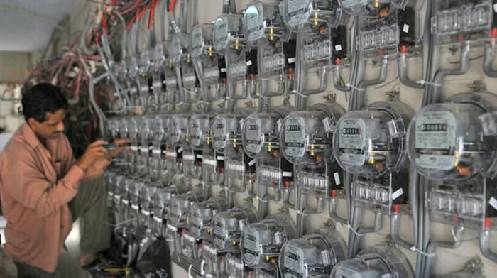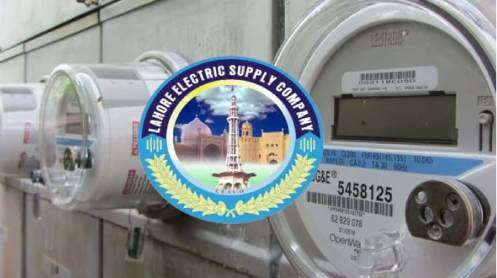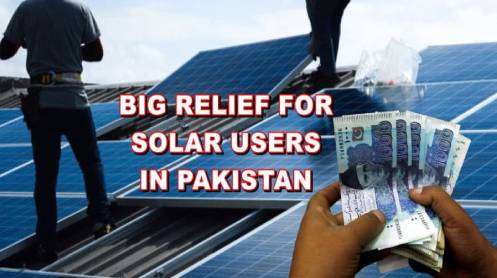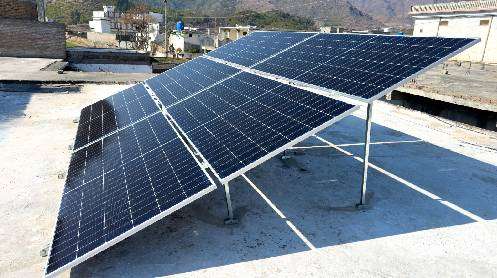In a severe blow to already struggling electricity consumers, the Central Power Purchasing Agency (CPPA) is pushing for a staggering increase of Rs7.13 per unit in fuel charges for the upcoming bills. This move, aimed at generating an additional Rs57 billion for power distribution companies (Discos), marks the highest-ever increase in fuel cost adjustment (FCA) in history, raising concerns about the forecasting capabilities of the power sector bureaucracy.
The proposed increase in FCA, which is nearly 96% higher than the pre-fixed fuel cost, comes amidst a backdrop of already heightened tariffs. With a 26% increase in the annual base tariff and an additional 18% hike under the quarterly tariff adjustment, consumers face the prospect of exorbitant bills despite minimal consumption during the peak winter months.
The surge in FCA is primarily attributed to elevated domestic coal and gas prices, despite lower costs for imported fuels such as furnace oil and LNG in January, coupled with a stable exchange rate.
The CPPA, acting as the commercial agent of Discos, has petitioned for the additional FCA citing a discrepancy between the reference fuel cost and the actual fuel expenditure for January. It highlights a significant increase in electricity generation costs, particularly due to a reduced share of hydropower and increased reliance on nuclear, imported LNG, and coal-based generation.
Following approval by the National Electric Power Regulatory Authority (Nepra), the increased FCAs will be reflected in consumers’ bills for March. However, certain consumer categories such as lifeline power consumers, protected domestic consumers, agricultural consumers, and electric vehicle charging stations will be exempt from the adjustment. Additionally, domestic consumers with time-of-use meters will be subject to the increase regardless of their consumption level.
The monthly review of FCA, along with quarterly tariff adjustments, forms part of the tariff mechanism wherein changes in fuel costs are passed on to consumers through an automatic mechanism. This latest development underscores the ongoing challenges facing electricity consumers in Pakistan amid volatile fuel prices and regulatory complexities.
Story by Khaleeq Kiani







